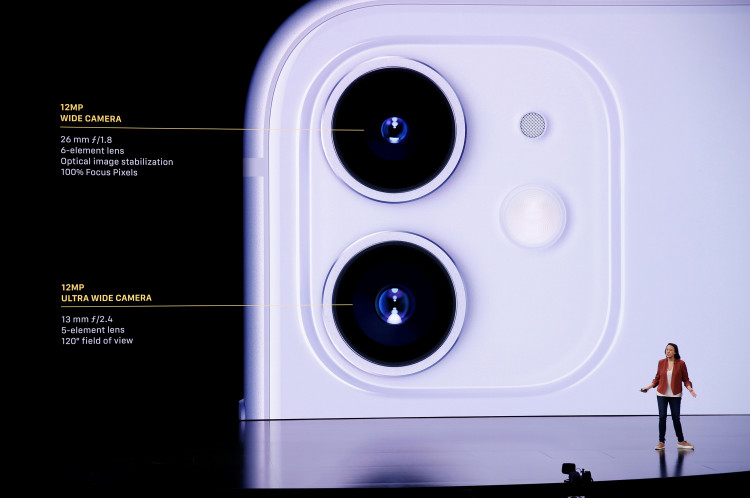Apple's A14 chip could be the first-ever processor to exceed 3GHz frequency reaching as high as 3.1GHz.
The A14 processor, the tech giant's next flagship chip, could be the first to break the current frequency limits. The latest technology to watch out for could reach as high as 3.1GHz, according to the reports that surfaced the internet on Monday.
Twitter handler @IceUniverse revealed that there could be a leak exposing Apple's A14 chip Geekbench 4 running score. The report says that the leak exposes the suspected score for the Cupertino tech giant's next flagship processor that could make it the pioneer ARM mobile processor exceeding the 3GHz frequency limit.
Geekbench 4 Score
The said report details the comparison between the upcoming A14 chip Geekbench 4 running score versus Apple's current A13 Bionic chip. The A13 processor currently runs with a 2.7GHz frequency. If the rumored A14 chip Geekbench 4 score of 3.1 GHz is proven true, that makes the upcoming flagship processor overpower the A13 chip by 400MHz.
Aside from Apple's A14 chip Geekbench 4 running score, the report also revealed another significant comparison.
Geekbench 5 Single-Core Score
The suspected score revealed that Apple's A14 chip has a Geekbench 5 single-core score of 1658 points while the A13 single-core Geekbench 5 score is 1329. That makes an increase of 25% single-core performance from A13 to A14 processor.
Geekbench 5 Multi-Core Score
On the other hand, the A13's current Geekbench 5 multi-core score is 3468 points making an increase in Apple's A14 chip multi-core score of 4612. That makes a 33% significant improvement on the processor performance.
TSMC to Produce Apple's A14 Chip
Meanwhile, reports confirmed last week that the Taiwanese Semiconductor Manufacturing Corporation (TSMC) will be the one behind the production of the A14 bionic chips for Apple. The news further revealed that the company would use the AMD-based high-performance component on its 14th generation mobile device. Reports suggest that TSMC will use the 5nm manufacturing process in producing the first-ever processor to exceed the 3GHz frequency limit.
Apple's A14 chip will not only boast about its breakthrough in frequency but is expected to also provide longer battery life for users. As the 5nm process comes 20 percent smaller than its predecessor, it is also expected to consume less energy.
Apple's A14 chip will power the iPhone 12 series of 2020. The bionic processor is said to be the most stable upgrade that the tech giant's next flagship phone will have.






